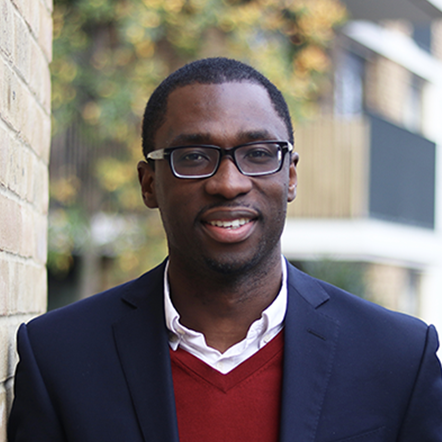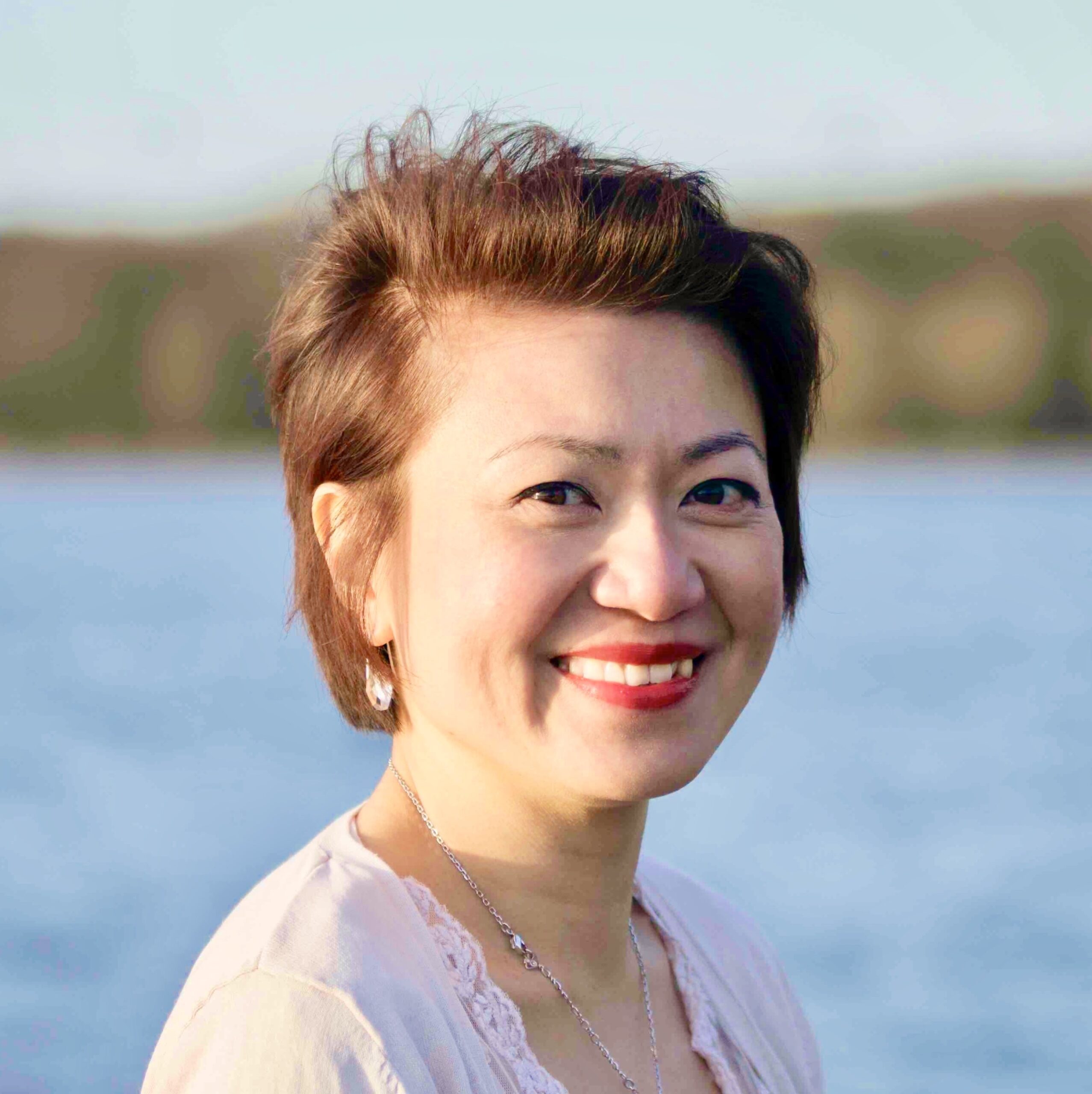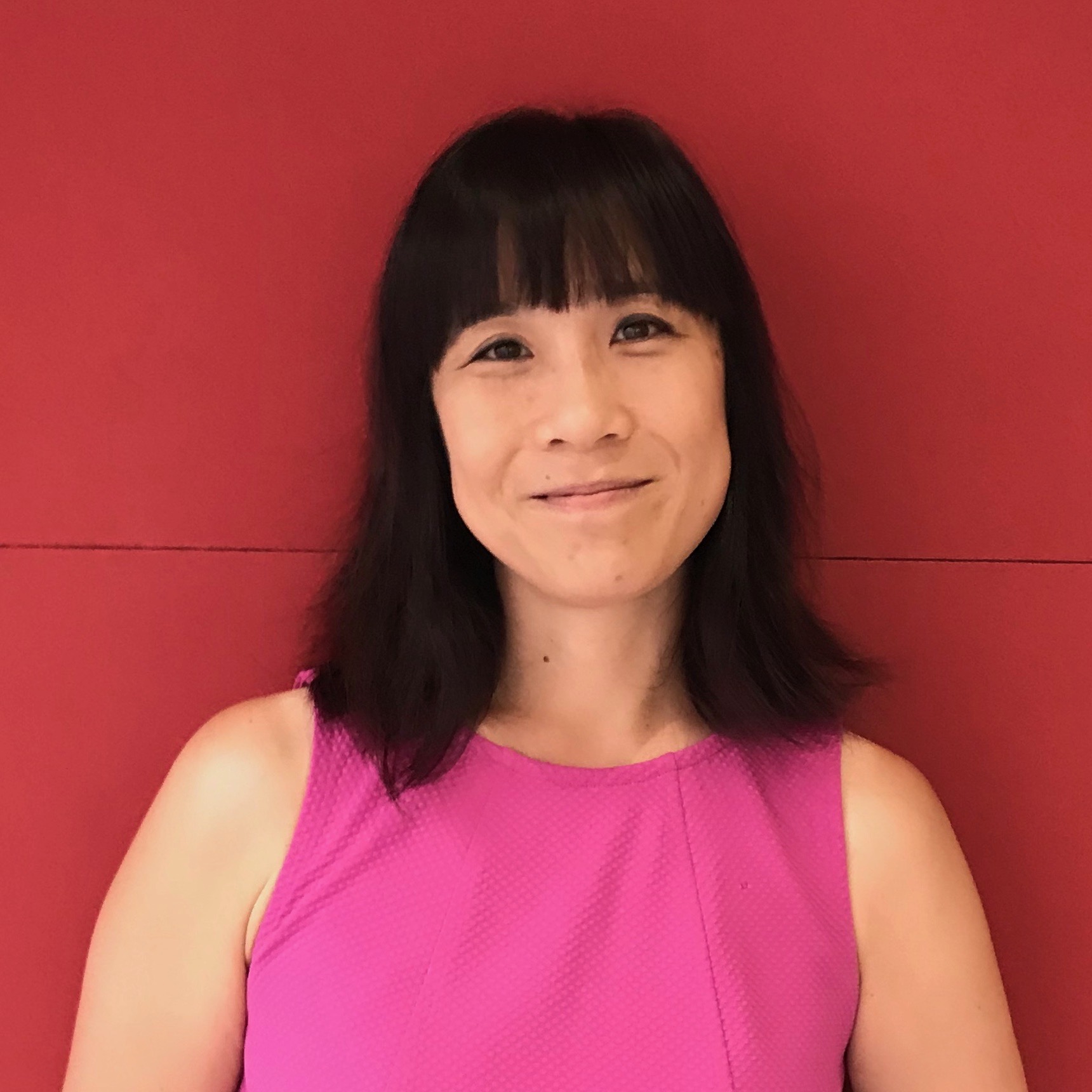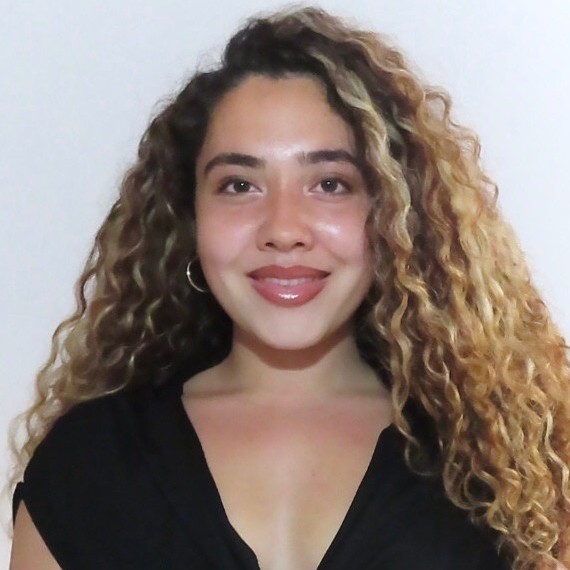Lanré Seun Gboladé

Profession: Architect
City: London
Country: United Kingdom
What inspired you to want a life in Architecture and the creative industries?:
I recall was quite creative and technically minded as a child and found I enjoyed building things, designing and solving technical problems, whether that was with household objects, tools or games. As well as having vivid memories of our family home in Nigeria, I also remember travelling at a young age with my family to other countries on holidays to visit relatives / friends (Madrid, Utrecht, Belfast, Amsterdam, Paris being some examples) and being quite aware of different environments, cultures and ways in which people lived. This clearly shaped my interest in the built environment and subtly steered me towards a desire to pursue architecture at university.
Who inspired you in finding your path to Architecture/Film and the creative industries?:
I was fortunate to have parents who allowed me to pursue my own interests and I’m grateful to have gone to a school with teachers who encouraged creativity and curious exploration, as a well as a track record of alumni who had gone on to study architecture at various UK universities so information was plentiful in making my decision that it was a career I wanted to explore.
How you unlock obstacles and overcome bias in your work?:
With a Nigerian heritage and academically focused family background, I’ve also been confident in my own abilities to overcome personal and professional challenges, but I think the key for me has been the ability to form effective relationships with peers, colleagues and anyone I come into contact with. Biases typically come from a lack of understanding and cultural awareness, and sometimes all it takes is a little patience, tact and effective communication (on both sides, but maybe more on the side of the one who holds the largest bias!) to go some way in addressing this. I’ve experienced negative stereotyping, biases and sometimes what I would call outright racism against me many times in the course of my work but I try overcome this by rising above it, calling it out as professionally as one can in the particular situation, and leave a mark with my integrity in tact.
What improvements do you feel are required to promote effective change in the academic and working environment?:
It all starts with the future generations of our workforce (the youth) and academics that educate them. Deconstructing and decolonising the academic curriculums in schools and universities is a must. We need to move away from the western, singular, monocultural view of history, development and progress that is still largely held by the global north.
In the workplace, we need bold and courageous incumbent leaders who will stand up and make the changes needed for genuine equity to manifest in the workplace.














